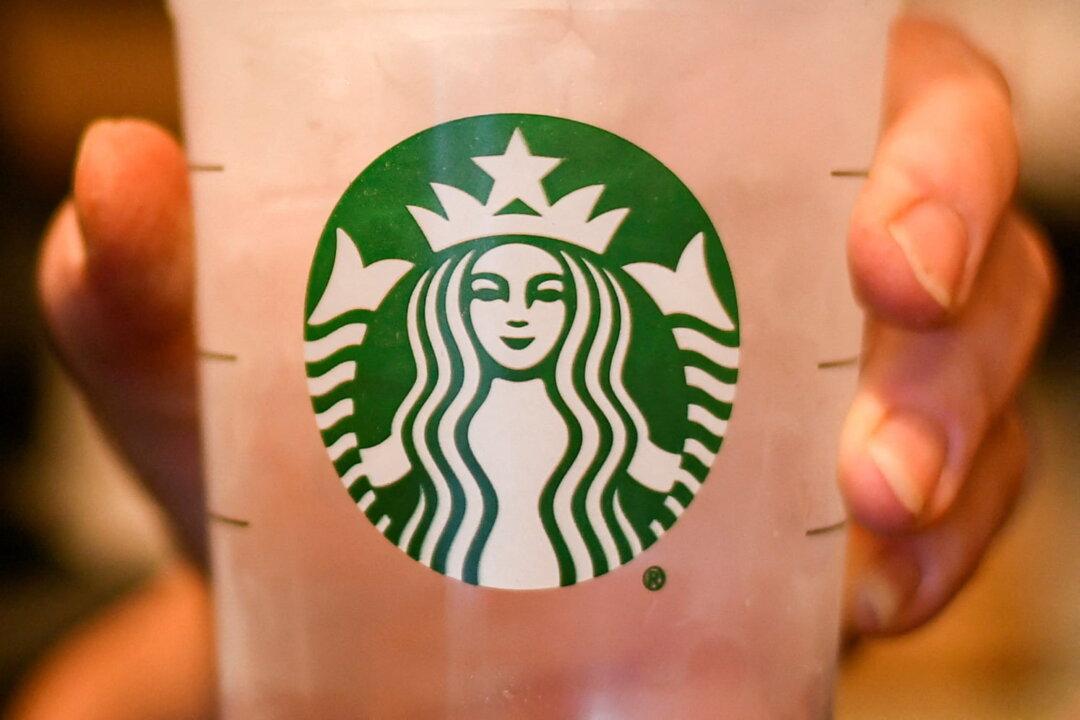NEW YORK—The union representing Starbucks Corp. employees at about 200 of its cafes said on Tuesday the coffee chain closed two locations in retaliation for organizing activities there, though the company cited business and safety reasons for the closures.
Employees at the two stores—one in Kansas City, Missouri, and another in Starbucks’ hometown Seattle, Washington—learned on Monday that their locations would close, the Workers United union said in a statement. Workers at both stores have asked the National Labor Relations Board to hold union elections.





